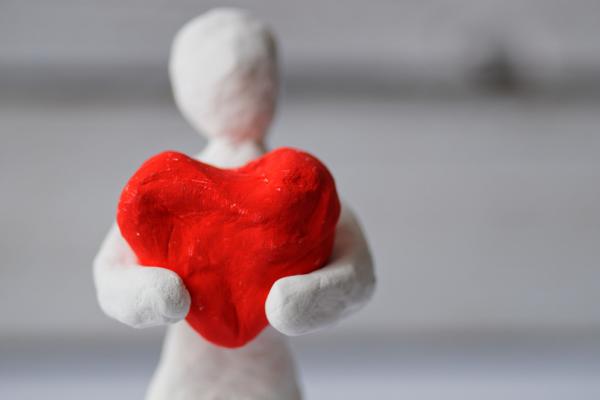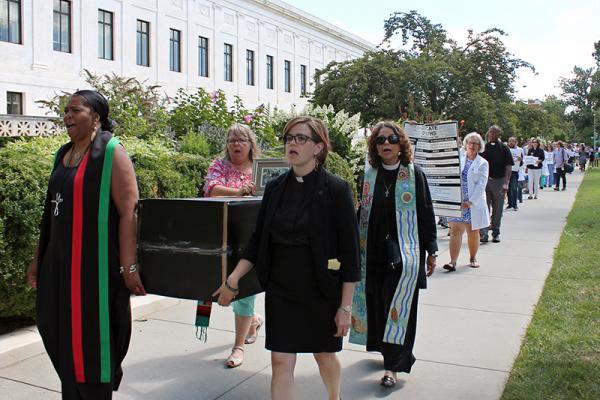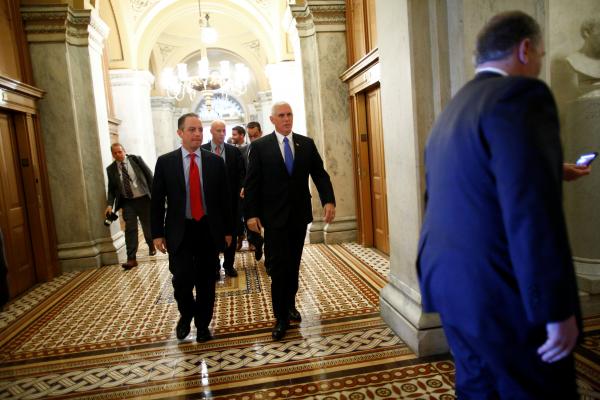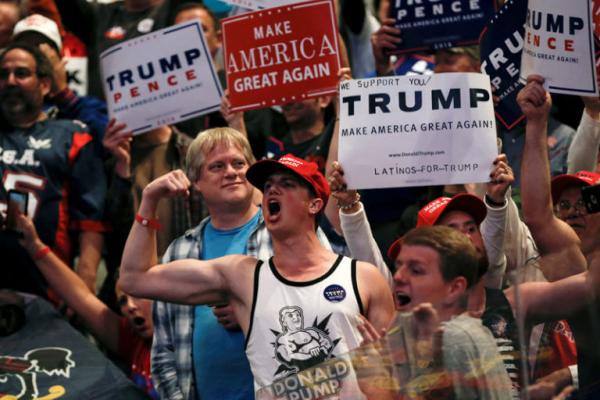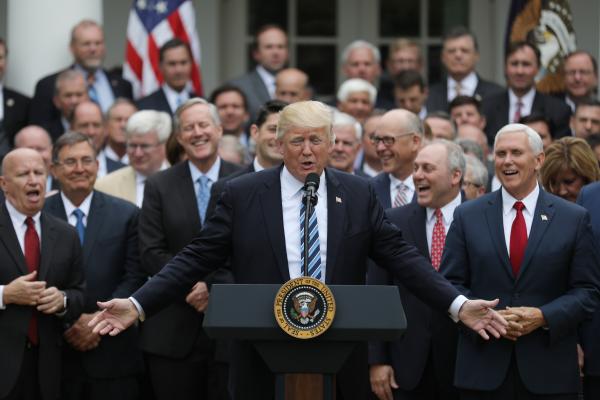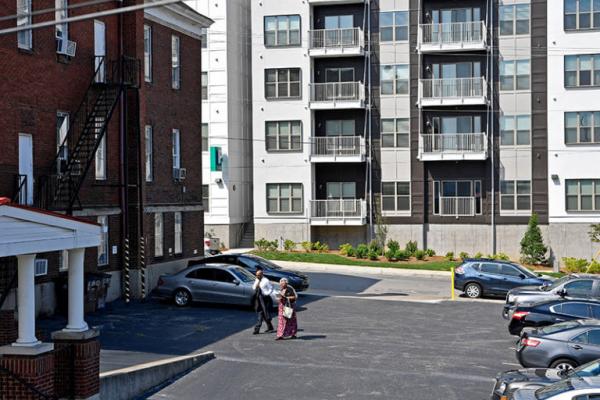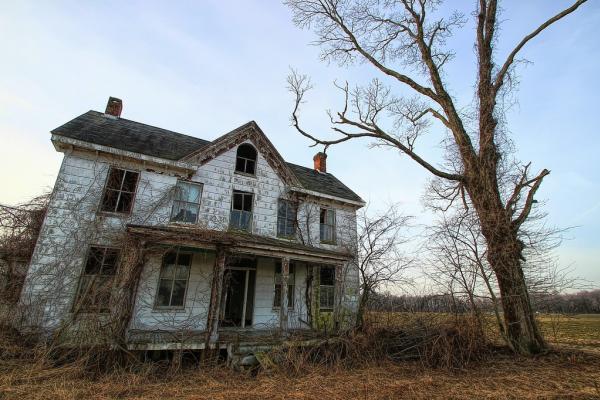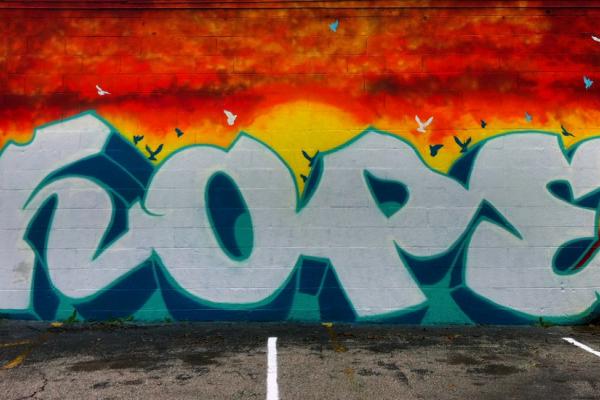We’re made in the image
The Message expresses,
The Good News attests
That we’re formed out of sod,
That we’re made every one
For the third week in a row, clergy showed up on Capitol Hill to protest Senate action on health care.
As in past weeks, some were arrested. But on this Tuesday, the group ratcheted up the drama by marching to the Capitol, carrying a cardboard coffin and poster-sized death certificates for those who would lose health insurance.
Senate Republicans narrowly agreed on Tuesday to open debate on a bill to repeal Obamacare, but the party's seven-year effort to roll back Democratic President Barack Obama's signature healthcare law still faces significant hurdles.
In the recollections of many evangelicals, America was then a tranquil, moral land deeply rooted in a specific set of traditional Christian values: the shining city on the hill, an idyllic small-town nation dominated by a white male leadership group.
There was nothing for me to do in that moment but recognize that her humanity and my humanity are made to see each other, feel each other, embrace each other. There were no dividing lines or political views or religious dogmas to get in the way. There were simply two families grieving with one another that the world is not always as it should be.
President Donald Trump pleaded with Senate Republicans on Monday to "do the right thing" on health care and allow debate to begin on a measure to repeal and replace Obamacare. The Senate is expected to vote on Tuesday on whether to begin debating a health care overhaul, although Senate Majority Leader Mitch McConnell (R-Ky.) has not specified which version of the bill the senators will vote on.
The church’s predominately black congregation once mirrored the neighborhood’s demographics. But today hip and eclectic East Nashville, with its rising property values and trendy restaurants, draws white millennials, said the Rev. Morris Tipton Jr., the church’s pastor.
Given the neighborhood’s shift, is Tipton worried about the church’s future?
The most religious states — a comparison based on questions like church attendance, identity, and prayer frequency — more often than not coincide with the poorest states, the states with lowest life expectancy, and the states where it is most dangerous to be LGBTQ and/or a person of color.
As writer, activist and Holocaust survivor Elie Wiesel noted, “Hope is like peace. It is not a gift from God. It is a gift only we can give one another.”
Cure Violence is working to “treat” gang membership with a strategic approach that taps into the cycle of violence. They train people in heavily affected communities to detect catalyzing events that lead to joining a gang. The intent is to interrupt individuals’ behaviors before they commit crimes, and continue communicating with them to decrease the likelihood that they and their friends will become involved in gang violence.
